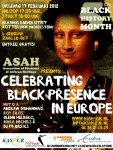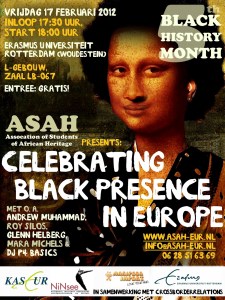

Happy Black History Month in the United Kingdom (October) from Tres Mali & Vintage Soul to the World: The Writings of African-Americans®
Look for the Official London 2012 Triathlon Coin, Tres Mali owns one!
What are the Olympic Games? According to the encyclopedia, The Olympic Games are:
The Olympic Games (French: les Jeux olympiques) (JO)[1], is a major international event featuring summer and winter sports, in which thousands of athletes participate in a variety of competitions. The Olympic Games have come to be regarded as the world’s foremost sports competition where more than 200 nations participate.[2] The Games are currently held every two years, with Summer and Winter Olympic Games alternating, although they occur every four years within their respective seasonal games. Originally, the ancient Olympic Games were held in Olympia, Greece, from the 8th century BC to the 4th century AD. Baron Pierre de Coubertin founded the International Olympic Committee (IOC) in 1894. The IOC has since become the governing body of the Olympic Movement, whose structure and actions are defined by the Olympic Charter (http://en.wikipedia.org/wiki/Olympic_Games).
The evolution of the Olympic Movement during the 20th and 21st centuries has resulted in several changes to the Olympic Games. Some of these adjustments include the creation of the Winter Games for ice and winter sports, the Paralympic Games for athletes
with a physical disability, and the Youth Olympic Games for teenage athletes. The IOC has had to adapt to the varying economic, political, and technological realities of the 20th century. As a result, the Olympics shifted away from pure amateurism, as envisioned by Coubertin, to allow participation of professional athletes. The growing importance of the mass media created the issue of corporate sponsorship and commercialization of the Games. World Wars led to the cancellation of the 1916, 1940, and 1944 Games. Large boycotts during the Cold War limited participation in the 1980 and 1984 Games (http://en.wikipedia.org/wiki/Olympic_Games).
The Olympic Movement consists of international sports federations (IFs), National Olympic Committees (NOCs), and organizing committees for each specific Olympic Games. As the decision-making body, the IOC is responsible for choosing the host city for each Olympic Games. The host city is responsible for organizing and funding a celebration of the Games consistent with the Olympic Charter. The Olympic program, consisting of the sports to be contested at the Games, is also determined by the IOC. The celebration of the Games encompasses many rituals and symbols, such as the Olympic flag and torch, as well as the opening and closing ceremonies. Over 13,000 athletes compete at the Summer and Winter Olympics in 33 different sports and nearly 400 events. The first, second, and third place finishers in each event receive Olympic medals; gold, silver, and bronze, respectively (http://en.wikipedia.org/wiki/Olympic_Games).
The Games have grown in scale to the point that nearly every nation is represented. Such growth has created numerous challenges, including boycotts, doping, bribery of officials, and terrorism. Every two years, the Olympics and its
media exposure provide unknown athletes with the chance to attain national, and in particular cases, international fame. The Games also constitute a major opportunity for the host city and country to showcase itself to the world (http://en.wikipedia.org/wiki/Olympic_Games).